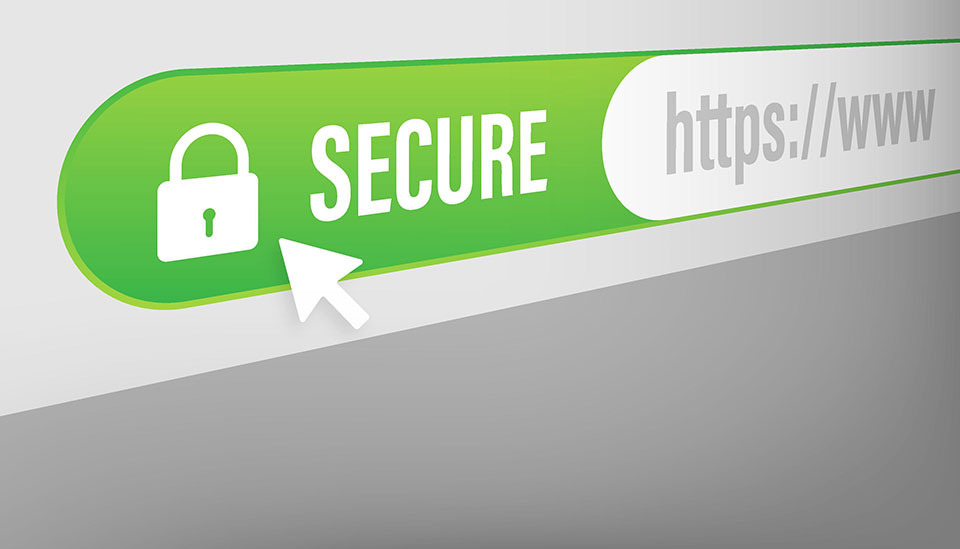5 Easy Ways to Protect Your Business From Hackers

For companies, being hacked is one of the worst things imaginable. One cyber attack can mean the end of business because it can lead to the loss of invaluable data or even customer trust. Ransomware attacks caused companies worldwide approximately 20 billion dollars of damage in 2020, and your business can be the next one to fall victim. That is unless you get ahead of hackers.
All businesses must have at least a basic understanding of cybersecurity if they want to stay afloat. In this article, you’ll learn 5 easy ways to protect your business from hackers.
- Get a password manager
Password safety is of vital importance when avoiding cyber attacks. Short passwords can be guessed. Repetitive passwords allow hackers to access all of your accounts after guessing one password. You get the picture. Don’t assume hackers won’t try to crack your business passwords. It’s just a matter of time before they do, and you must be prepared.
An enterprise password manager is one of the best ways to protect your company by ensuring that your passwords are safe from the prying eyes of hackers. It keeps all of your login information in a virtual vault that’s heavily encrypted, and you can only access the vault by entering the master password.
Most enterprise password managers also have a password generator feature, so you can produce very complicated passwords for each of your accounts. A much safer option than writing down all passwords on a piece of paper or adding them to the cloud, right? - Get an SSL certificate for your website
An SSL (secure socket layer) certificate is a security tool that verifies that a website is legit and provides encryption between the website and visitors. All trusted websites must have an SSL certificate.The main benefits of having it are:
– It will protect your business from hackers. The encryption provided by an SSL certificate creates a barrier between you and potential hackers.
– It will increase customer trust because they’ll know that your website is authentic and that any data they send through it is encrypted.
– It will help in SEO. Google always prioritizes secure and encrypted websites in its rankings. Without an SSL certificate, your chances of ranking high are little to none. - Use a VPN
A VPN is another encryption tool that can help protect your business from hackers, especially when you have people working remotely. VPN stands for virtual private network, and it’s a special server that encrypts all your data and makes it look like all traffic is coming from that server once you connect to it.When people are working remotely, you can’t assume they’re all using safe wifi, so it’s a great idea to instruct all employees to connect to a VPN. This will keep hackers away from your important data because they will not be able to get past the encryption. Also, you can use a VPN to connect to office servers and provide access to special business information.
- Set up a firewall
A firewall acts as a middleman between the device it’s connected to and everything coming from the outside. It carefully scans and checks each website you visit and blocks the connection if it suspects there might be malware. A firewall also protects against unauthorized access. This is important because hackers often access business accounts silently, and you only find out when the damage is done.
Set up a firewall for all work devices. This will ensure there is no unauthorized access to your important company data, and you’ll know as soon as a threat presents itself. In addition to this, a firewall is a great way to monitor the activity of your employees and detect insider threats. For instance, you can set a firewall to notify you when an employee is trying to access sensitive company data unrelated to their work activities. - Conduct phishing awareness training
Phishing is when a hacker sends out a fake message or phone call with the goal of obtaining important information. It’s been a growing threat that businesses keep falling victim to. Or, more precisely, employees who don’t know any better. It’s imperative to conduct thorough phishing awareness training for every member of your company.Ensure that employees always think twice before revealing sensitive data and instruct them to never click on random links someone sends them. Most phishing attempts happen through email, so they should be extra attentive there.
Taking your business online is awesome, but it also makes it susceptible to the attacks of thousands of hackers. Forgetting the threat of cyber attacks can be a grave mistake that will destroy your company. These 5 cybersecurity steps are easy to take but are of immense value when shielding your business from online predators.
Add CEOWORLD magazine to your Google News feed.
Follow CEOWORLD magazine headlines on: Google News, LinkedIn, Twitter, and Facebook.
Copyright 2024 The CEOWORLD magazine. All rights reserved. This material (and any extract from it) must not be copied, redistributed or placed on any website, without CEOWORLD magazine' prior written consent. For media queries, please contact: info@ceoworld.biz












